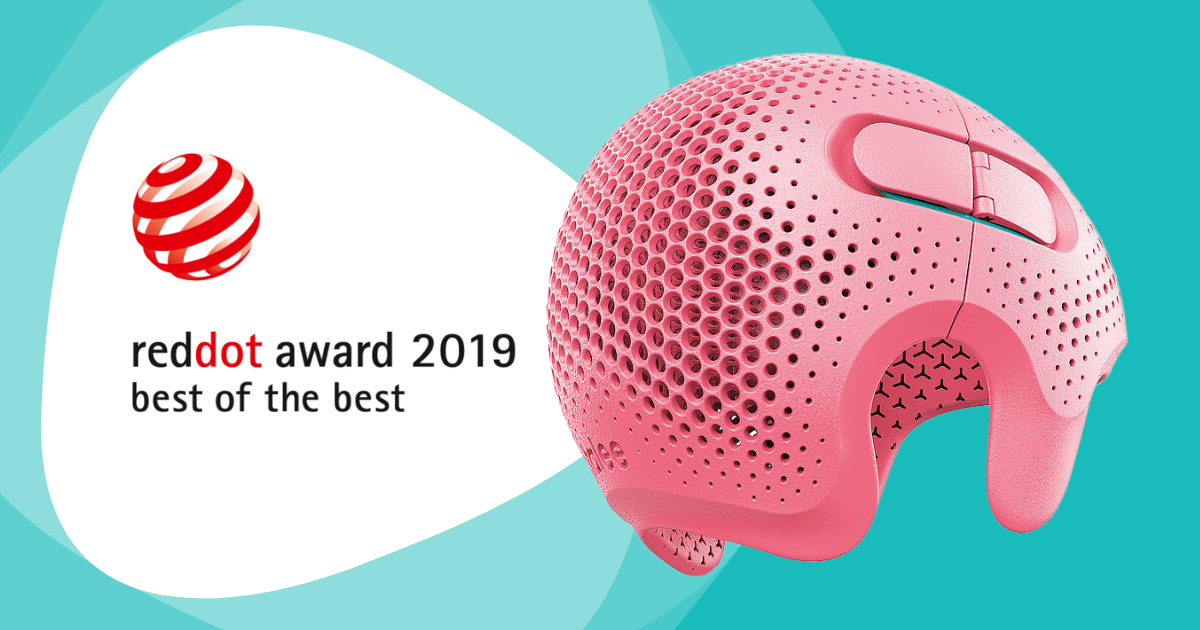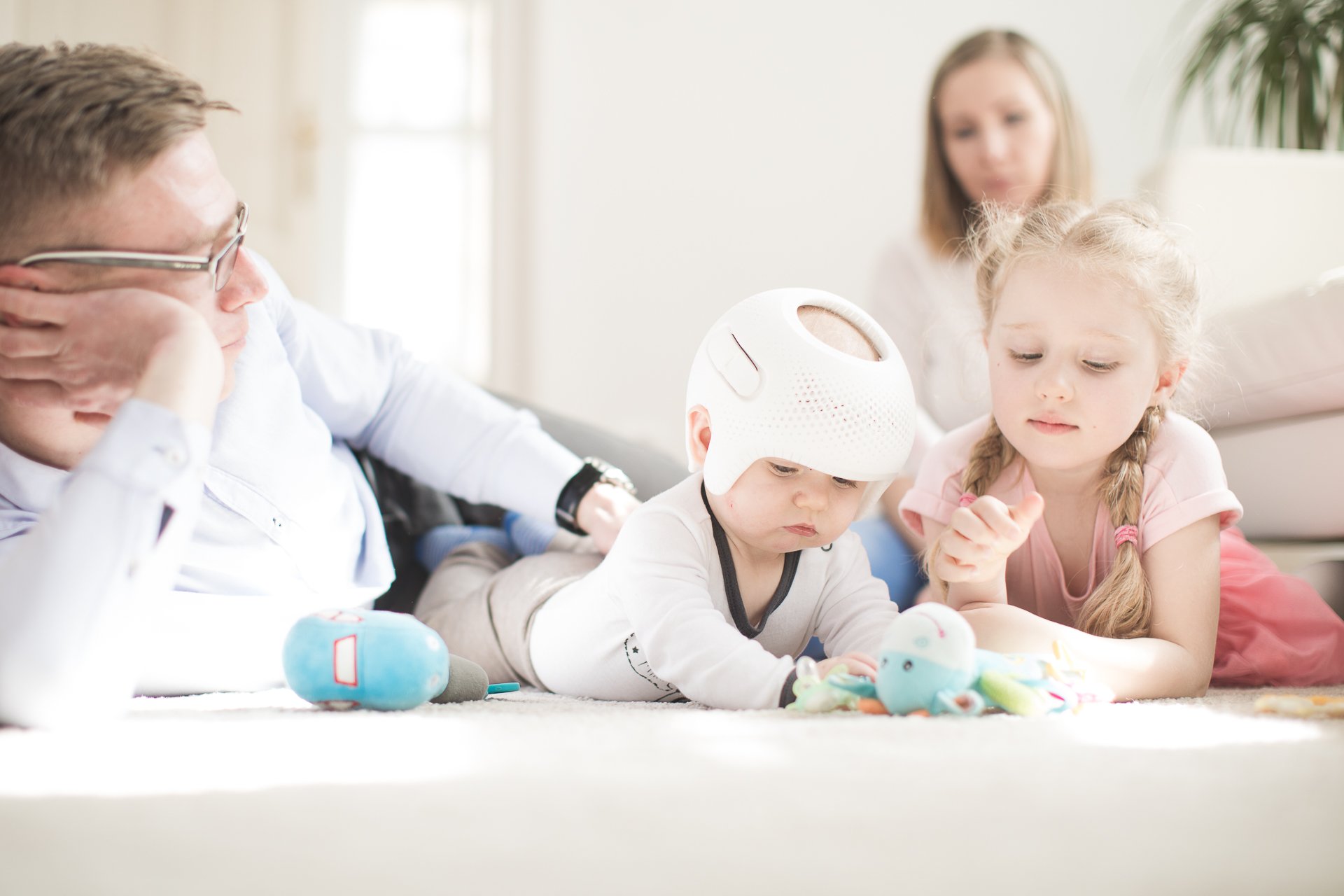
By carrying out the following techniques you’ll help develop your baby’s language, sensory and motor skills, physical and social development, and even potentially reach milestones earlier! Read on for a comprehensive list of the most effective baby brain development activities, to encourage healthy development within your baby.
1. Start Before Birth

If you’re currently pregnant, now is a great time to begin encouraging baby development. As early as the first week of pregnancy your child’s neurological systems start to form, and from week 17 baby can hear! Start reading and talking to baby now to aid the development of these systems prior to birth. Of course, you’ll be eating well and keeping healthy yourself, not smoking or drinking alcohol both of which are known to affect your developing baby.
2. Increase Human Contact
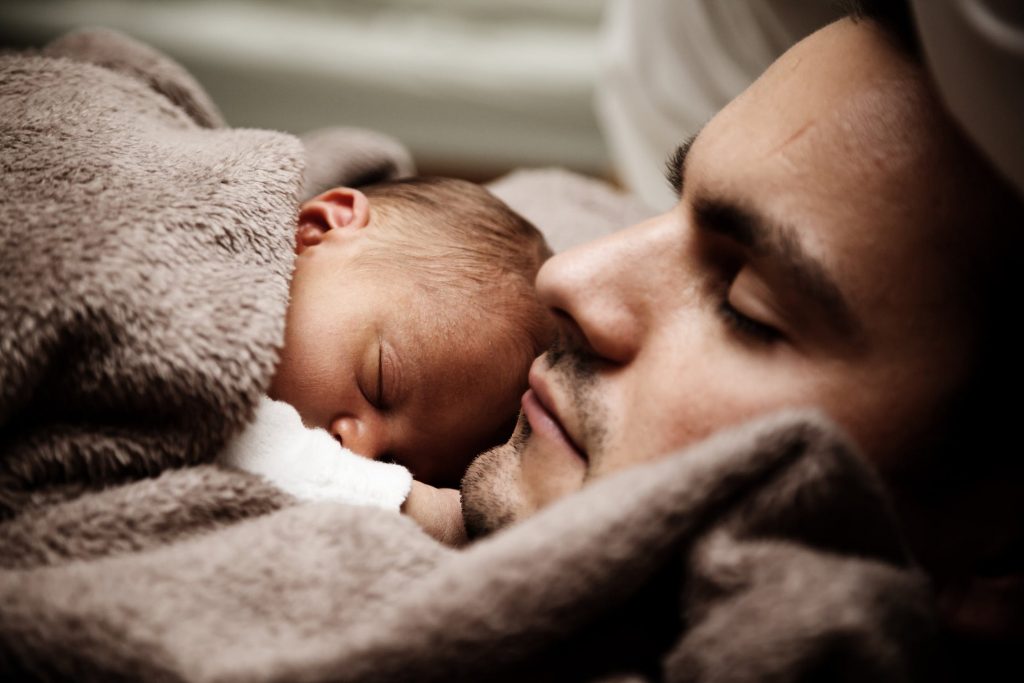
Babies, like all humans (and other mammals), thrive on contact. Touch and cuddling stimulates baby’s developing senses to stimulate development; hold baby, sing/talk to baby, stay in baby’s eyeline when she/he is awake and keep a smile on your face. All of the senses, touch, taste, smell, sound and sight are active and babies learn and make vital neural connections in the early life, connections which are the foundation for so much of their growing life.
3. Respond to Baby
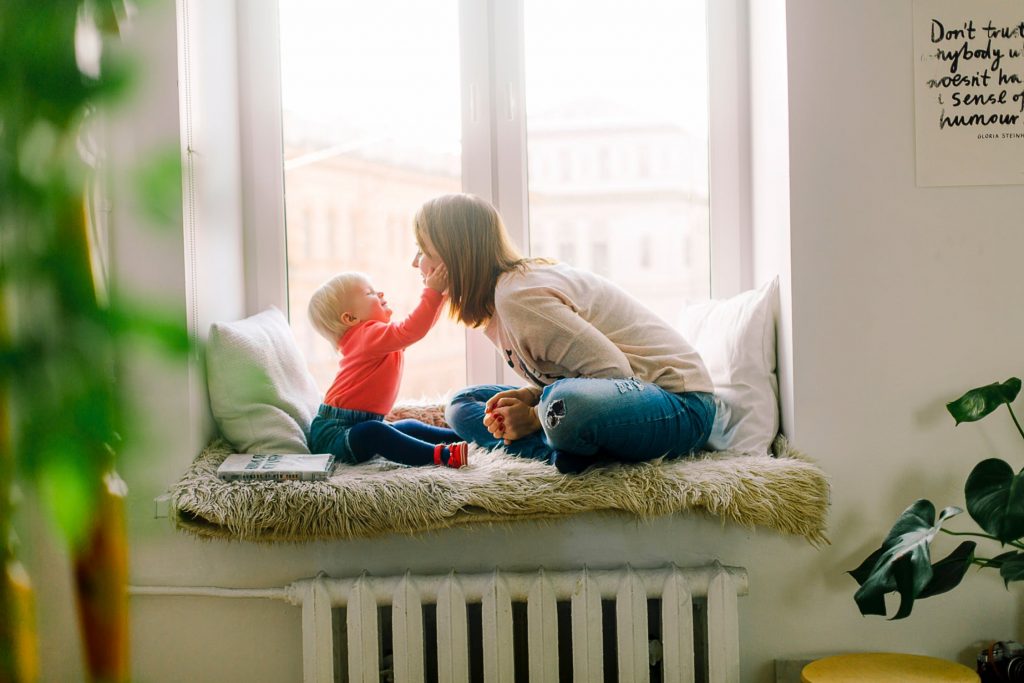
Talk to your baby, all the time. Even at those difficult times when nothing seems to settle them. Your baby depends on you and needs reassurance that this is normal and will change as your baby grows. Don’t just talk to baby; wait for a response, and reassure. Even if baby’s reaction is simply a slight hand movement or noise, these are the foundations of conversation. The earlier you begin engaging them in this process, the more beneficial to their development. Don’t forget, your baby needs your attention and input so that they can learn to communicate, so, put the phone down, switch off the TV and enjoy your baby as they grow and develop.
4. Don’t Forget About Touch and Smell
The stimulation of these senses is equally as important as sight and sound. Let your baby experience different textures alongside a variety of smells; think of this as giving your baby’s senses a balanced diet to boost their development!
5. Make Sure to Engage in Tummy Time

How greatly tummy time can help baby development cannot be over-emphasised. Tummy time promotes baby’s use of neck, spine and shoulder muscles, helps to develop baby’s hips and helps your baby to learn to prop and lift the head. It’s fantastic exercise to strengthen their body overall and it can help to minimise the development of flat head syndrome. Many parents report that their baby finds this difficult so read our guide on tummy time, for more information.
6. Provide Baby with Reassurance
Providing a sense of security is absolutely crucial if you want to help baby development. When baby cries, make sure to respond with understanding. We’ve all been through this ourselves and kind words and a cuddle will make baby feel secure, encouraging their sense of independence to grow.
7. Keep a Routine
Like most of us, babies thrive on routine. This is because routine provides baby with a sense of control and predictability, encouraging both independence and trust. Sometimes, it might not feel like this at 3 o clock in the morning with a crying, fussy or playful baby, but providing regular routines for your baby will ensure that they develop well.
8. Prioritise Play-Time!
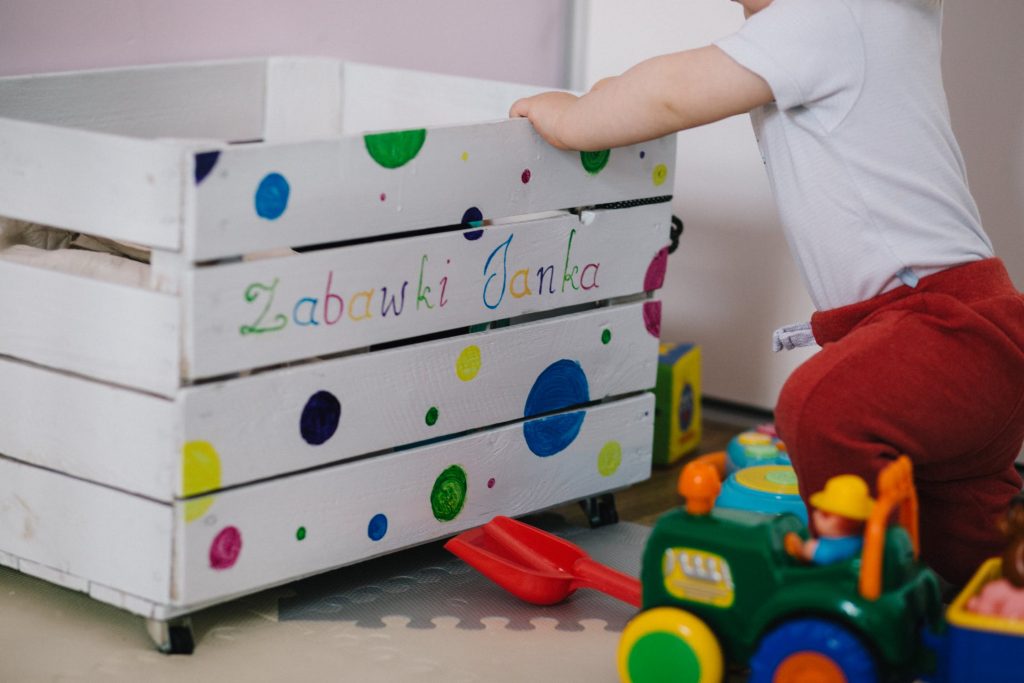
More than just good fun, the right toys can massively help baby development. Look for interactive toys particularly. Movement, surprise, colour, texture and sound engage all of baby’s senses. Hanging colourful mobiles and using playful or soft lighting at different times of the day and night are excellent in improving focus and co-ordination.
9. Not Just Toys, but Games Too!
Whilst toys are one of the best baby brain development activities, games between parent and baby are equally, if not more, important in encouraging baby development. ‘Peekaboo’, ‘this little piggy’ and ‘itsy bitsy spider’ all aid bonding and develop numerous skills, including observation, touch and motor.
10. When Baby is Old Enough, Introduce Reading

Introduce your baby to reading as early as you can. Around 9 months old is an ideal time to get baby more involved in reading. At this stage, you can begin to point at simple pictures in the book, outwardly exclaim what they are, and add more detail the more engaged baby becomes. Reading together greatly boosts language development and it’s lovely to share a cuddly time together learning how to sit quietly and concentrate.
11. On a Similar Note, Limit Screen Time
Despite their many wondrous uses, screens can hinder baby’s learning and language development. This is due to the developing brain’s need for immediate response, which can only be given by another human- not a screen! Furthermore, with screen interaction baby will not be corrected if they make mistakes, again hindering learning. Babies love to hear their parents and enjoy spending time listening to you talking, it is a great way to develop good communication skills.
12. Keep Conversational
Studies have shown that to successfully aid baby’s development, it’s not just a matter of how often you carry out baby brain development activities, but the language you use when doing so. Simply put, the more conversational and less commanding you can be, the better.
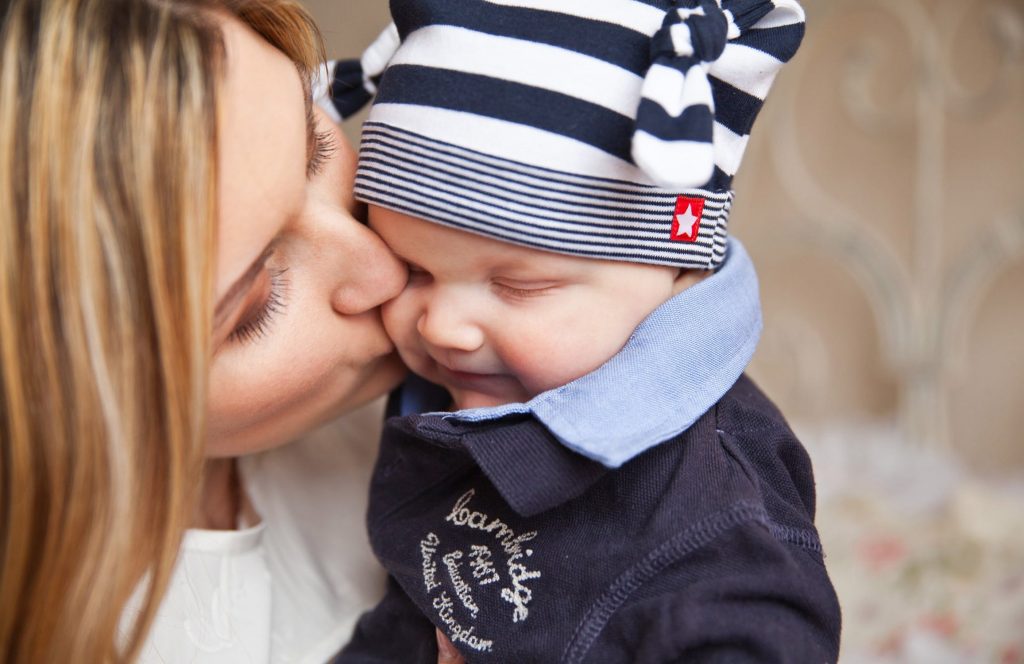
Employ the above techniques and you can rest assured that you’ll have stimulated your baby’s development, across all the bases. And remember; don’t worry about doing everything, or doing it perfectly. The most important aspect is that you get to spend time with your baby and enjoy doing so!
Keep reading our blogs for more baby tips and advice, we cover everything from growth spurts to newborn essentials checklists.

